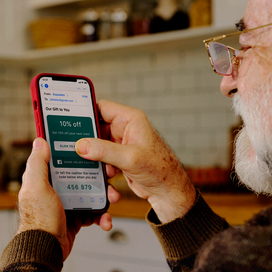As the behemoth of online marketplaces, Amazon might seem like it has very little to do with small business. But 73 percent of small business owners are considering selling on Amazon in 2017, according to a recent study by BigCommerce.
Maybe it’s because 53 percent of U.S. e-commerce growth was attributed to Amazon in 2016. Or maybe it’s because 55 percent of online product searches begin on Amazon. Or maybe it’s because when online businesses were surveyed about selling on Amazon, 19 percent thought it would be a primary revenue driver.
Whatever the reason, many small businesses see an opportunity to capitalize on the size, scale, infrastructure, and technology that Amazon has in place. Just think about the additional exposure from selling on Amazon, which is basically a shopping search engine.
If you want to sell on the supersite, Amazon has a pretty simple step-by-step guide that walks you through getting set up and explains what happens when you list and sell products.
Once you’re set up, you can up your game by researching proven strategies and tactics for Amazon success. There’s a lot of content out there about, say, pricing strategies, SEO tactics, and dos and don’ts. Make sure you’re reviewing content from a trustworthy, authoritative source.
You should also think about how Amazon fits into your greater omnichannel strategy. If you don’t have one yet, or if you’re not familiar with the term, an omnichannel marketing strategy is an integrated, seamless way to sell products and connect with consumers both online and off (wherever they want to engage with your brand). That means connecting your mobile app experience to your social media, website, and brick-and-mortar store experiences.
Don’t get overwhelmed by the terminology — this is basically just how people (including you) shop now. A study conducted by the Harvard Business Review found that of 46,000 customers surveyed, 73 percent shopped multiple channels, compared with 7 percent online-only shoppers and 20 percent store-only shoppers.
Not only is it what people expect now, but omnichannel retailing also translates into more sales long term. A study by IDC found that multichannel consumers have a 30-percent-higher lifetime value than single-channel shoppers.
That’s a significant payoff for investing in an omnichannel strategy. If you need some help getting started on your own omnichannel strategy, check out our guide for retailers.
![]()











